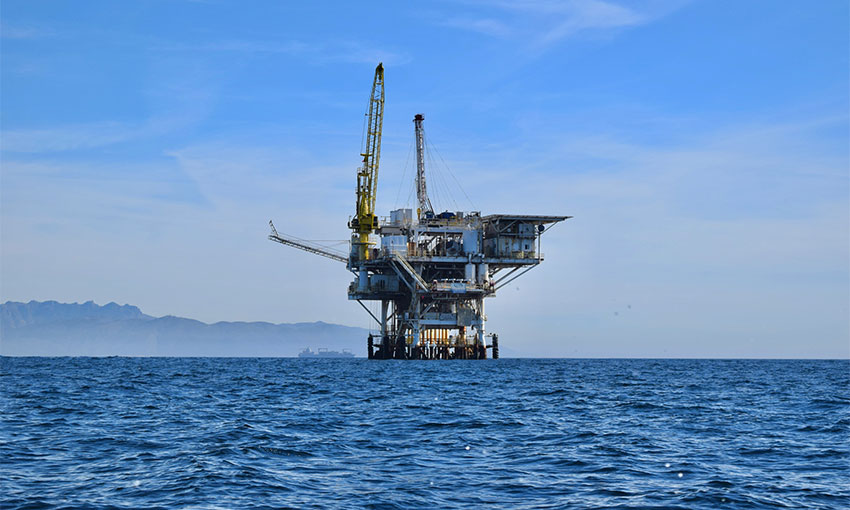GLOBALLY-focused think-tank China Water Risk has identified considerable consequences of rising sea levels for the intercontinental crude oil and refined products supply chains.
Their report warns that the entire oil supply chain is in for a “crude awakening” as almost two-thirds of oil produced globally is shipped by oil tankers, yet stress tests of the world’s top 15 tanker terminals show that 12 will be impacted at just 1 metre of sea level rise (SLR).
“This fresh take on oil has sobering implications for both energy and economic security as well as sovereign credit ratings, especially for Japan and South Korea, as they are particularly exposed with almost 100% of their oil imported by sea,” CWR found.
According to the report, rising seas of 1 metre will submerge six key oil export ports which serve four of the top 10 crude oil exporters as well as swamp seven key oil import ports which serve four of the top 10 crude oil importers. The key oil transit hub of Singapore is also not immune, CWR says.
Yet, the IPCC warned in 2021 that 2 metres of SLR “cannot be ruled out” by 2100 and CWR’s report finds a further two tanker terminals (Suez and Said) impacted at these levels.
Debra Tan, head of CWR and lead author of the report warned the consequences are far-reaching.
“Just 1 metre of sea level rise has the potential to disrupt up to 42% of global crude exports from Saudi Arabia, Russia, US and UAE as well as up to 45% of global crude imports to China, US, South Korea and the Netherlands,” Ms Tan said.
“Oil exporting countries and nations reliant on oil imports by sea as well as oil majors must start factoring in sea level rise. Delaying oil transition will only accelerate rising seas, shooting the sector in the foot.”
While the report does not highlight Australia, this country imports 91% of its fuel and the majority of its refinery feedstocks: in 2021-22 the latter was mostly from Malaysia, Brunei, USA, Vietnam and Libya.
Most of Australia’s oil is produced on the North West Shelf, some distance from domestic east coast refining capacity, now reduced to Brisbane and Geelong.





